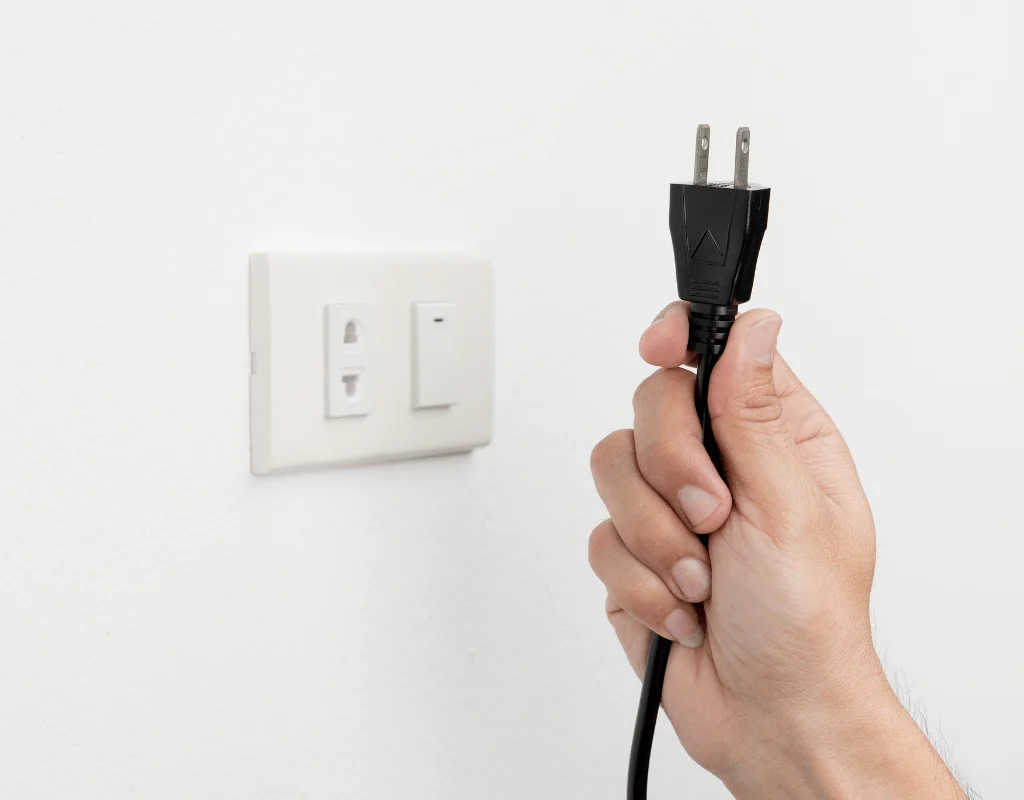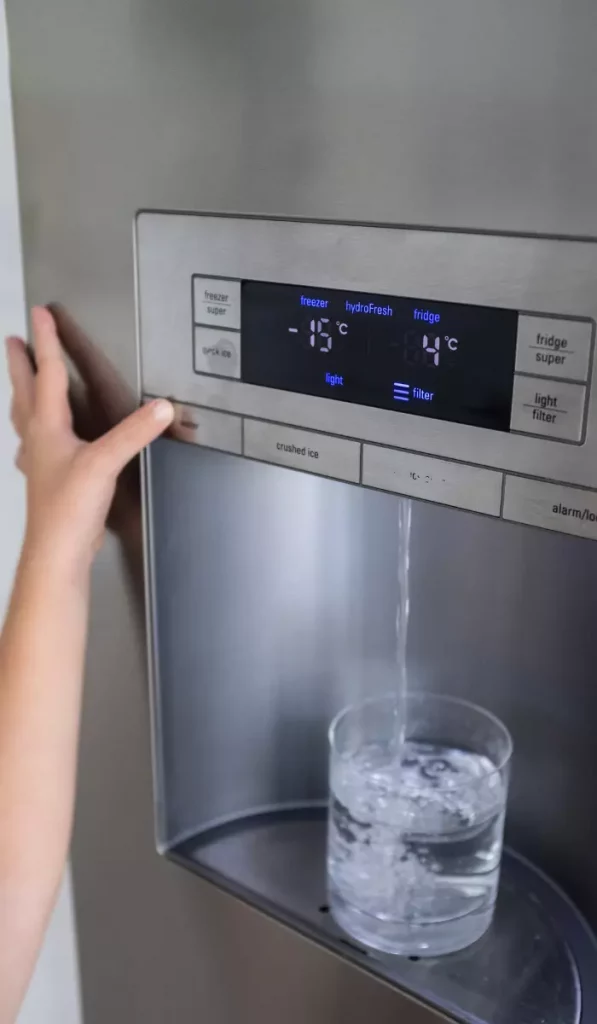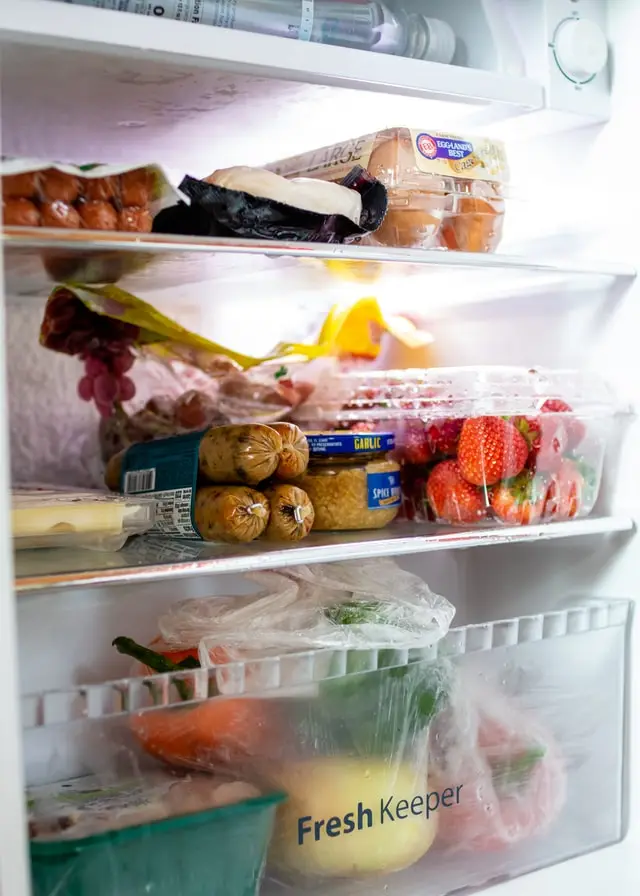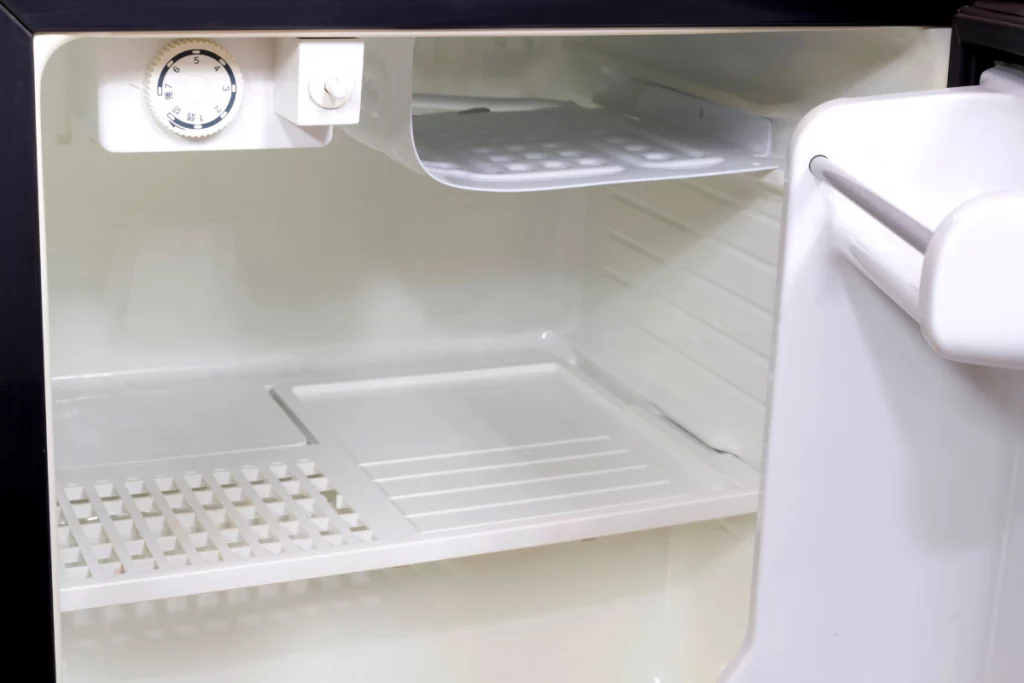So, you’re planning to be away for four months—maybe it’s a long vacation, a work assignment, or perhaps you’re a snowbird heading south for the winter. Whatever the reason, you’re faced with a question that’s more complicated than it seems: Should you unplug your refrigerator for the entire time you’re away?
In this article, we’ll dig into this question and break down what you need to know. From the pros and cons to the steps for preparing your fridge for a long hiatus, we’ve got you covered. Whether you’re an energy-saver or just cautious about home safety, read on to make an informed decision.
Table of Contents
Key Takeaways
Alright, let’s recap what we’ve covered:
- It’s Doable: Unplugging your fridge for four months is possible, but it’s not a decision to make lightly. There are pros and cons to consider.
- Preparation is Key: If you decide to go for it, you’ll need to prep your fridge properly. That means cleaning, defrosting, and even a little odor prevention.
- Know the Risks: From potential mold to the hassle of restarting, be aware of what could go wrong so you can take steps to prevent it.
- Check the Type and Location: The type of fridge you have and where you store it can impact how well it fares during its time off.
- Energy Savings: One of the big upsides is the money you’ll save on your electricity bill. But weigh that against the time and effort needed for preparation.

Should I Unplug My Refrigerator If Away for Four Months?
The short answer? It depends. Unplugging your refrigerator for an extended period like four months comes with its own set of pros and cons, which we’ll delve into later. But generally speaking, if you’re going to be away for that long, unplugging can be a viable option for saving energy and reducing your electricity bill.
However, it’s not as simple as yanking the plug out of the wall. There are preparations to be made and factors to consider, like what to do with the food inside and how to manage the defrosting process. Plus, you’ll need to think about the wear and tear that could occur when a fridge is left unused for months.
Preparing Your Refrigerator for Long-Term Unplugging
If you’re to unplug your fridge, there are some steps you should take to ensure everything goes smoothly.
- Empty It Out:
- Remove all food items, both perishable and non-perishable. Perishables can spoil, and even canned goods can be affected by temperature changes.
- Clean the Interior:
- Use a mixture of water and baking soda to scrub down all surfaces. This helps to remove any lingering food particles and prevents mold and bad smells.
- Defrost the Freezer:
- Turn off the fridge and let the freezer defrost. Place towels or a shallow pan at the bottom to catch the melting ice. This is crucial because built-up ice can cause issues later on.
- Wipe Down Moisture:
- After defrosting, there might be some residual moisture. Make sure to wipe it down to prevent any mold growth during the time you’re away.
- Leave Doors Ajar:
- Keep the fridge and freezer doors slightly open to allow air circulation. This helps to prevent musty or stale odors from developing.
- Odor Absorbers:
- Consider placing a box of baking soda or activated charcoal in the fridge and freezer compartments. These can absorb any lingering odors and keep the interior smelling fresh.
- Check the Settings:
- If your fridge has specific settings or modes for long-term inactivity, now’s the time to activate them. Check your user manual for details.
- Inspect the Power Cord:
- Take a quick look at the power cord for any signs of wear and tear. A damaged cord can be a fire hazard, so better safe than sorry.
By following these steps, you’re not just unplugging your fridge—you’re ensuring it’ll be in tip-top shape when you plug it back in.

What Happens When You Unplug a Refrigerator?
When you unplug your fridge, several things happen almost immediately. First off, the cooling system shuts down. This means the compressor stops running, and the refrigerant inside the coils stops circulating. But don’t worry, the insulation in most modern fridges is pretty good, so it’ll keep things relatively cool for a while.
Next, any electronic features like digital displays, ice makers, or smart tech will go offline. If your fridge has a built-in water filter, that’ll stop working too.
And let’s not forget about the defrost cycle. If your fridge has an auto-defrost feature, unplugging it will interrupt this cycle. For a short period, no big deal. But for four months? You’ll want to make sure you’ve defrosted manually before unplugging to avoid a watery mess.
So, in a nutshell, your fridge won’t instantly turn into a moldy, smelly disaster the moment you unplug it. But it does go into a sort of “sleep mode,” and you’ll need to prep it properly to ensure it wakes up in good shape.
How Long Should You Unplug Your Fridge?
So, you’re considering unplugging your fridge for four months. That’s a long time in fridge years! The length of time you can safely unplug your fridge really depends on a few factors:
- Type of Fridge: Some fridges are better suited for long-term “vacations” than others. For example, newer models with better insulation will fare better over extended periods.
- Climate: If you live in a hot climate, the internal temperature of your unplugged fridge will rise faster. This could potentially lead to issues if you haven’t prepped it properly.
- Preparation: As we’ve discussed, proper preparation is key. If you’ve cleaned and defrosted your fridge, and maybe even thrown in some baking soda for good measure, you’re on the right track.
- Storage Location: Where you store the unplugged fridge matters. A cool, dry place is ideal. Avoid damp basements or hot garages.
- Check-Ins: Even if you’re away, it might be a good idea to have a friend or neighbor check on the fridge every so often, just to make sure everything’s A-OK.
So, while there’s no hard and fast rule for how long you can unplug your fridge, four months is generally okay if you’ve taken the right precautions. Just remember, a well-prepared fridge is a happy fridge!

Pros and Cons of Unplugging Your Refrigerator
So you’re still on the fence about unplugging your fridge for four months. Totally get it. Let’s weigh the good and the bad to help you make an informed decision.
Pros:
- Energy Savings: This is the big one. No fridge running means a lower electricity bill. Over four months, those savings can add up.
- Less Wear and Tear: When your fridge isn’t running, its components aren’t wearing out. Think of it as giving your fridge a little vacation too.
- Safety: With the fridge unplugged, there’s zero chance of it causing an electrical issue while you’re away.
Cons:
- Preparation Time: As we’ve covered, you can’t just unplug and go. You’ll need to invest some time in cleaning and defrosting.
- Potential for Mold and Odors: If not properly prepped, an unplugged fridge can develop mold or bad smells. Not a pleasant welcome-home gift.
- Restarting Can Be Tricky: When you come back, you’ll need to restart the fridge, which might involve resetting settings and waiting for it to reach the optimal temperature.
Conclusion
So, there you have it—a comprehensive guide on whether or not to unplug your refrigerator if you’re going to be away for four months. It’s not a simple yes or no answer, but with the right preparation and awareness of the pros and cons, you can make the decision that’s best for you.
Remember, a well-prepared fridge is a happy fridge. And a happy fridge makes for a happy homeowner. Whether you decide to unplug or not, you’re now armed with the knowledge to do it the right way.




